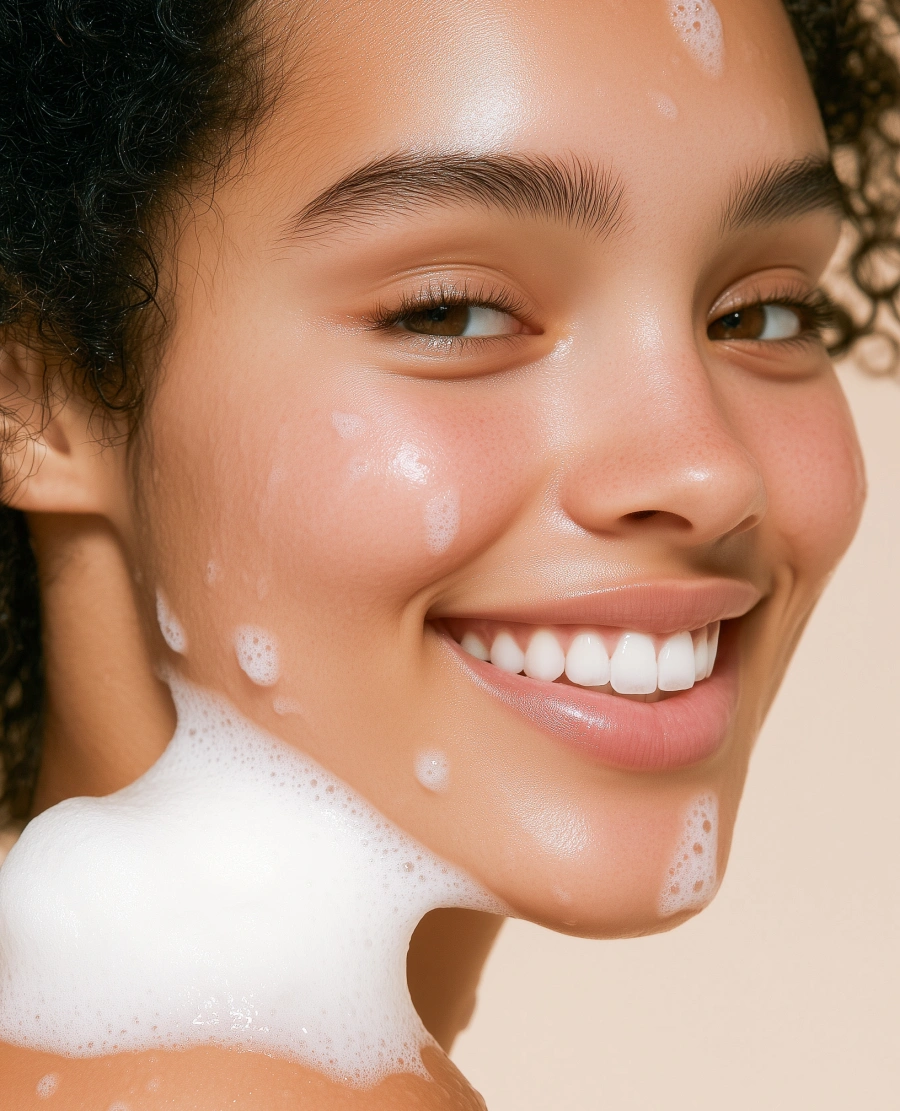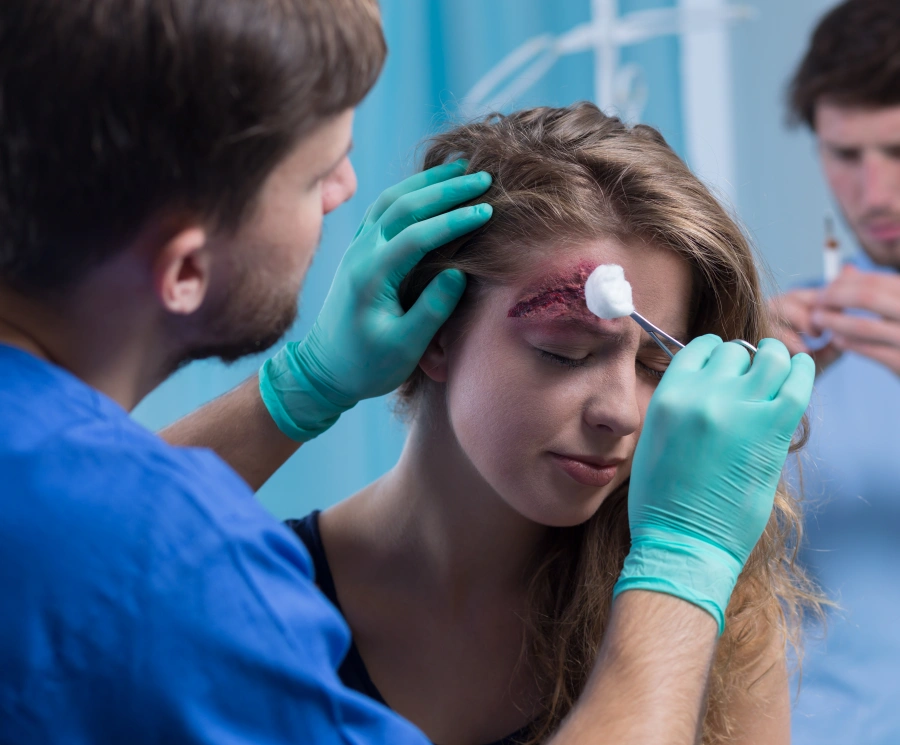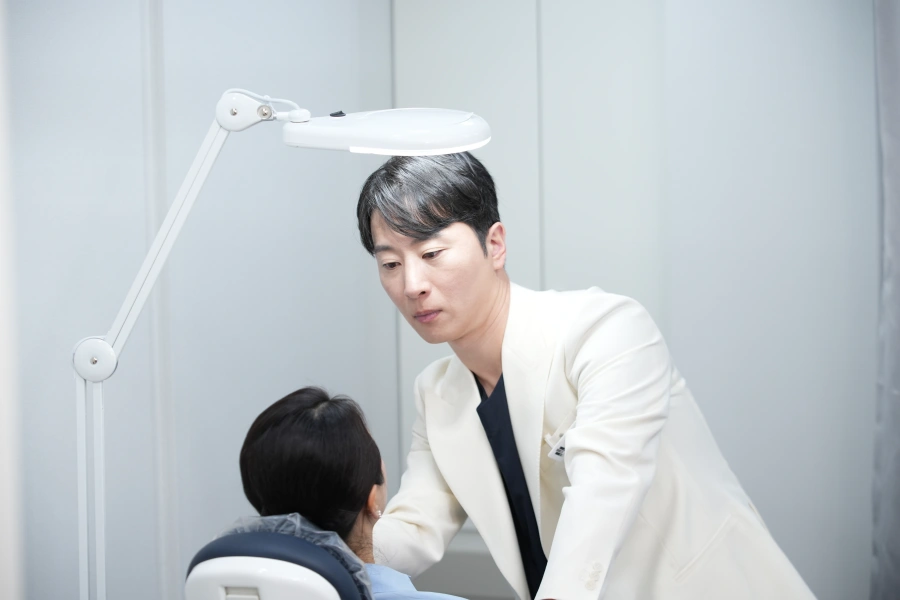After Plastic Surgery Care: A Comprehensive Aftercare Guide for Facial Aesthetic Surgery
2025-05-24
Why Aftercare Matters in Facial Aesthetic Surgery
Proper after plastic surgery care is just as important as the surgery itself. Whether you’ve had a facelift, eyelid surgery, or fat graft, following clear post-operative instructions can help reduce swelling, speed up healing, and minimize complications.
After anesthesia, patients are monitored in the recovery room for several hours to ensure they can safely drink fluids and respond to instructions before discharge or staying overnight. Patients can expect to experience some swelling, and complications such as fever, vomiting, constipation, or infections may develop and should be monitored closely. Generally, post-op care guidelines include rest and a gradual return to normal activities. A nurse may assist with wound care and dressing changes, especially for those staying overnight. Vital signs or blood glucose levels may be monitored hourly in the immediate post-op period. Recognizing warning signs such as increased pain, fever, or abnormal wounds is essential for early intervention and safety.
At Noonopi Plastic Surgery in Seoul, we provide tailored post-op care plans for every patient. Here’s our comprehensive guide for facial aesthetic procedures.
Washing & Skincare After Surgery

- You may wash your face and shower:
- 1–2 days after eyelid surgery
- 4 days after a facelift
Alt tag: “Washing face carefully after plastic surgery”
- Do not rub or massage the surgical area with your fingers, even after washing is permitted. Let water gently run over the area.
- Makeup and facial massage may resume one week after stitch removal.
- If prescribed, apply healing ointment to the surgical site 4 to 5 times a day. Maintaining moisture promotes optimal skin regeneration.
Wound Care Essentials

Wound care is vital for a safe and successful recovery after facial plastic surgery. Whether recovering at home after outpatient surgery or staying in the hospital, proper wound care prevents complications such as infection or bleeding.
- Keep the wound clean and dry: Follow your doctor’s instructions for changing dressings or bandages.
- Medication and infection prevention: Take all prescribed antibiotics or medications exactly as directed.
- Monitor for warning signs: Redness, swelling, pain, unusual drainage, or bleeding require immediate attention.
- Drain care: Follow your doctor’s instructions if you go home with a drain tube.
- Bathing: Avoid soaking the wound. Showering may be permitted but follow protection guidelines.
- Home support: Have a family member assist with early wound care if possible.
- Hospital care: Inpatients will receive wound care support until discharge.
Pain Management After Surgery

Managing pain properly improves comfort and promotes faster healing.
- Follow your pain management plan from your doctor.
- Take medication as directed: Don’t skip doses or self-adjust.
- Be aware of risks: Monitor for side effects like nausea or breathing issues.
- Non-medication options: Use cold compresses, warm compresses, or gentle movement.
- Discharge instructions: Clarify your medication schedule and possible side effects before leaving the clinic.
- Track your recovery: Keep a log of medication use and symptoms.
- Use your support system: Have someone assist you with medication tracking if needed.
Movement & Exercise

- Light walking or gentle jogging may start 1–3 days post-op, depending on your procedure.
- Avoid heavy lifting, intense workouts, and bending your head for 4 weeks.
Swelling & Compress Instructions
- Cold compresses: Apply during the first 3 days after surgery (limit to 1 day for fat graft patients).
- Warm compresses: Begin from Day 4, as directed by your clinic.
Sleeping & Daily Routine

- Stay upright during the day, limit naps.
- Sleep early and rise early for the first 3 days.
- Use two pillows or keep your head elevated while sleeping.
Diet After Facial Surgery
- Follow a low-sodium diet for one week.
- Avoid salty or spicy foods.
- Stay hydrated and eat bland, soft foods like porridge or smoothies.
What to Avoid
- No alcohol or smoking for at least 2 weeks.
- Avoid hair dyeing or perming for 1 month.
- Stay away from saunas, hot baths, and steam rooms for 3–4 weeks.
Personalized Care at Noonopi Plastic Surgery

Every patient heals differently. Our expert medical team offers individualized aftercare plans based on your procedure and condition. Whether you're based in Korea or visiting from abroad, we’re here to support you at every stage.

